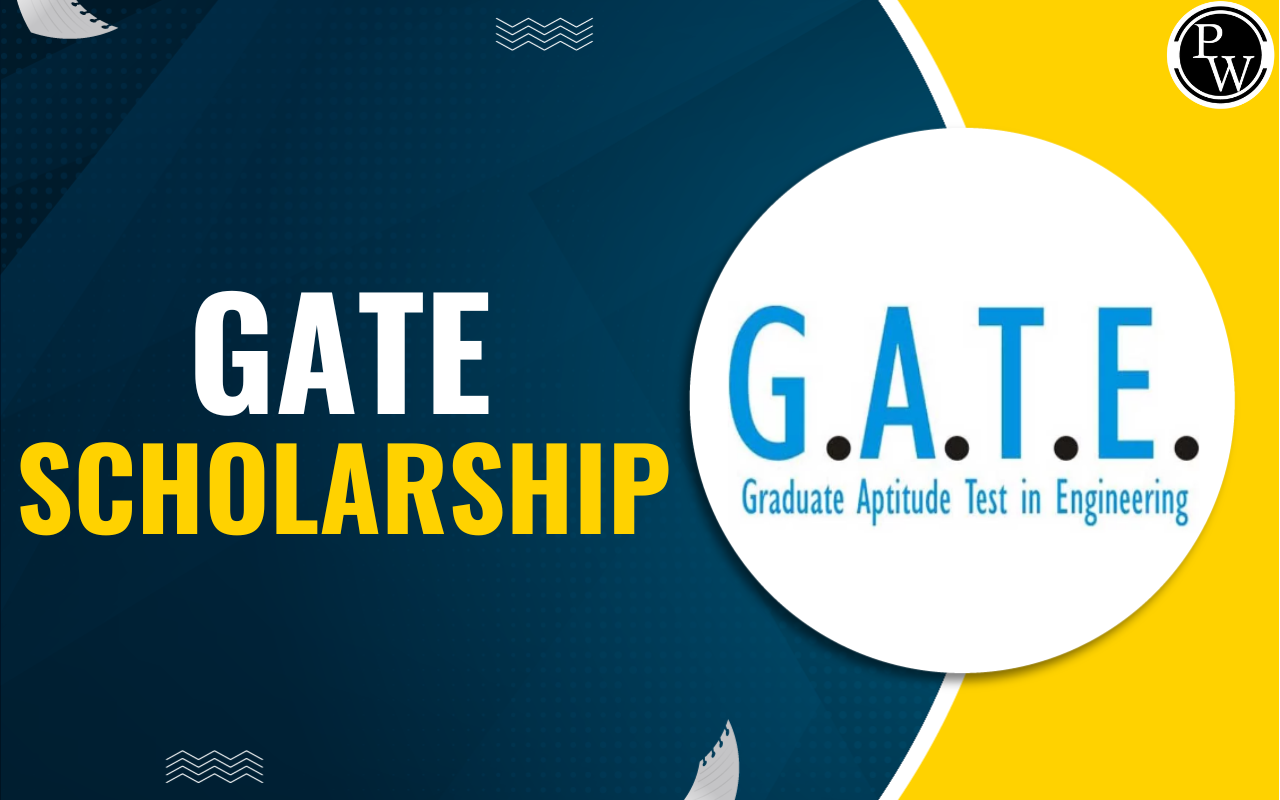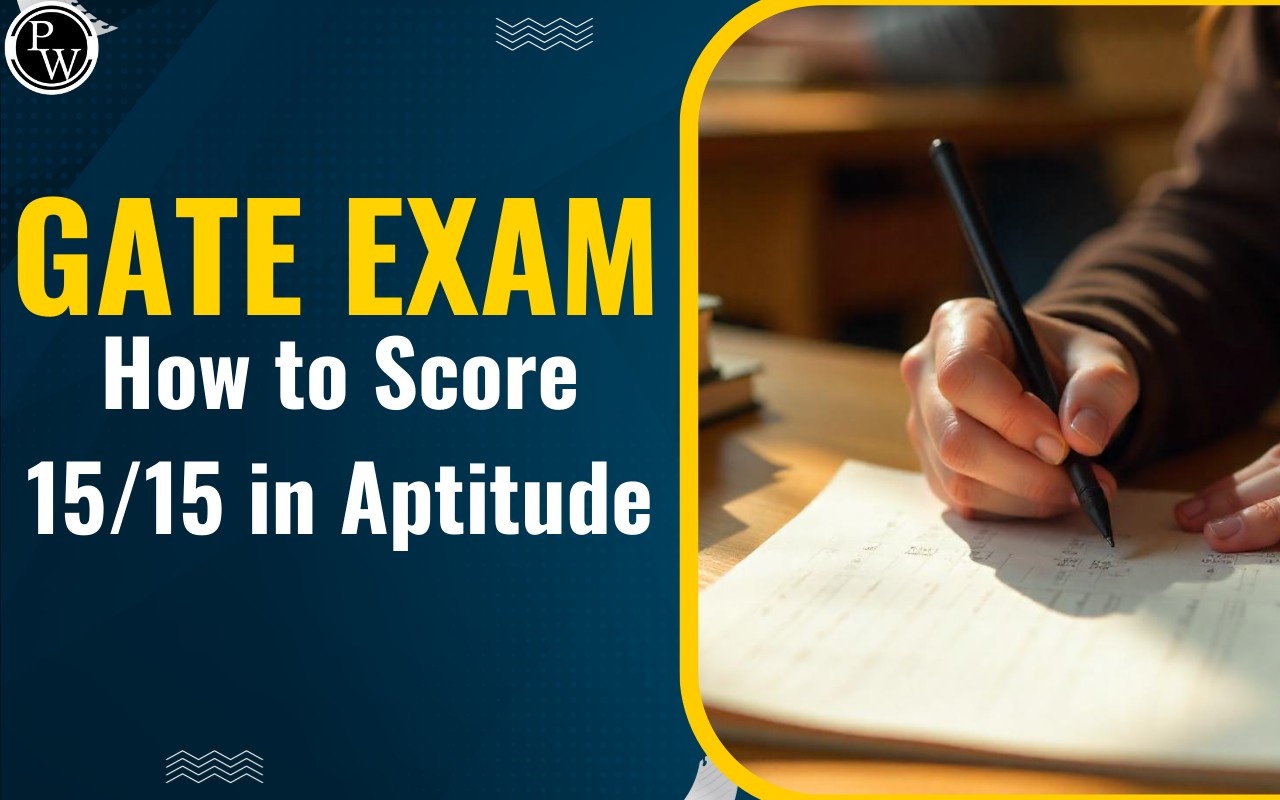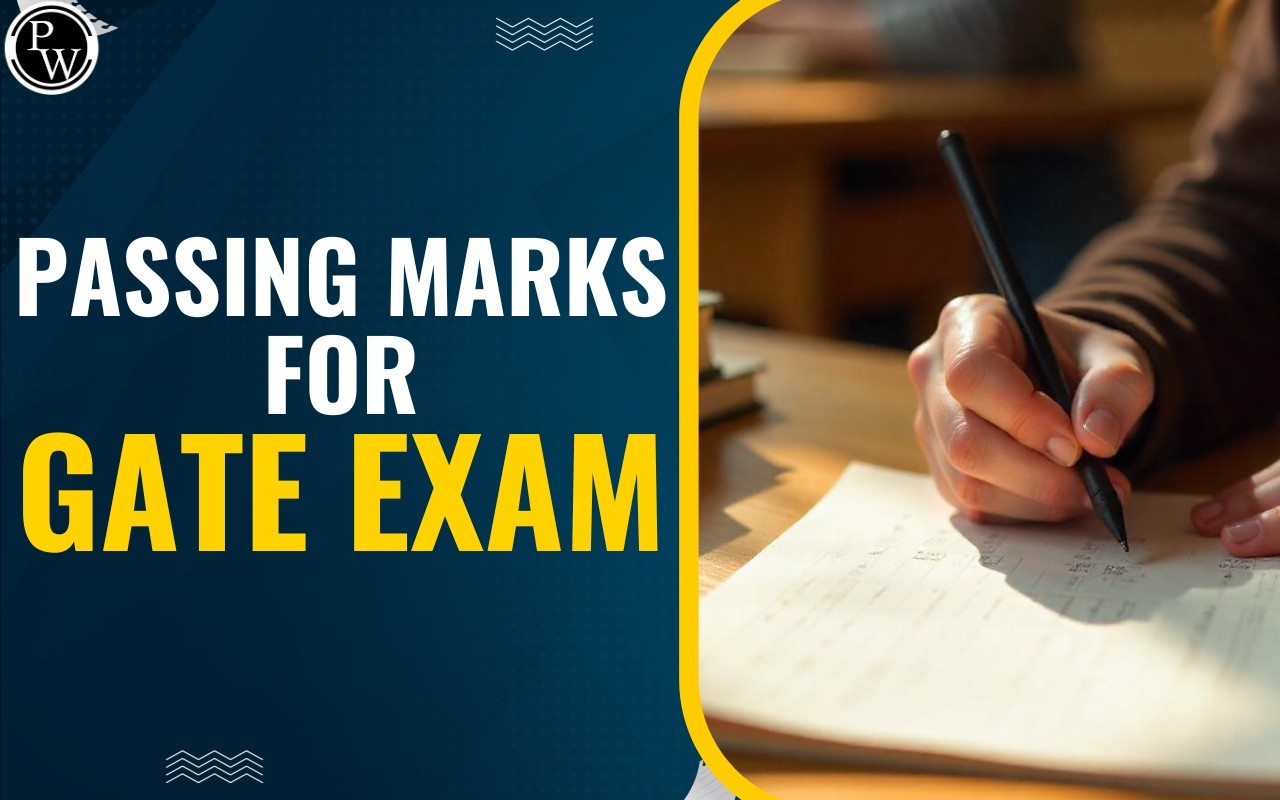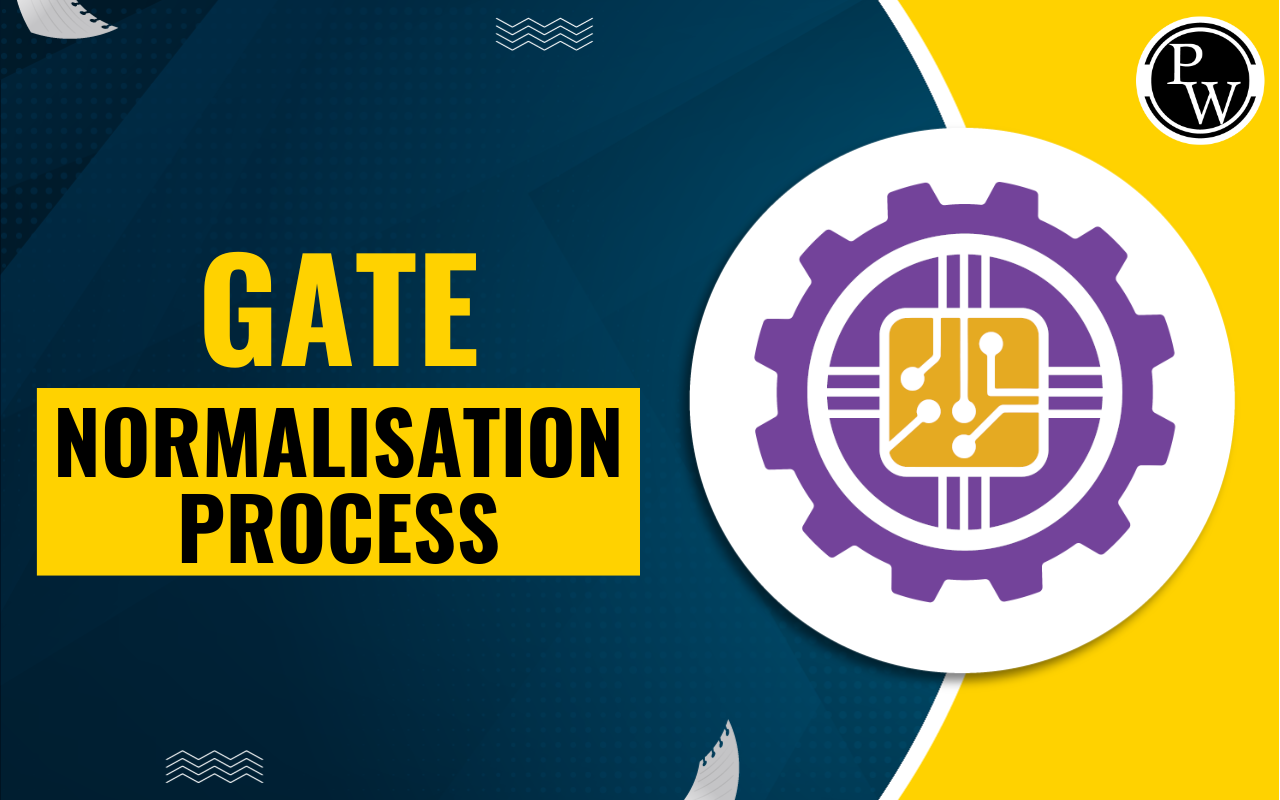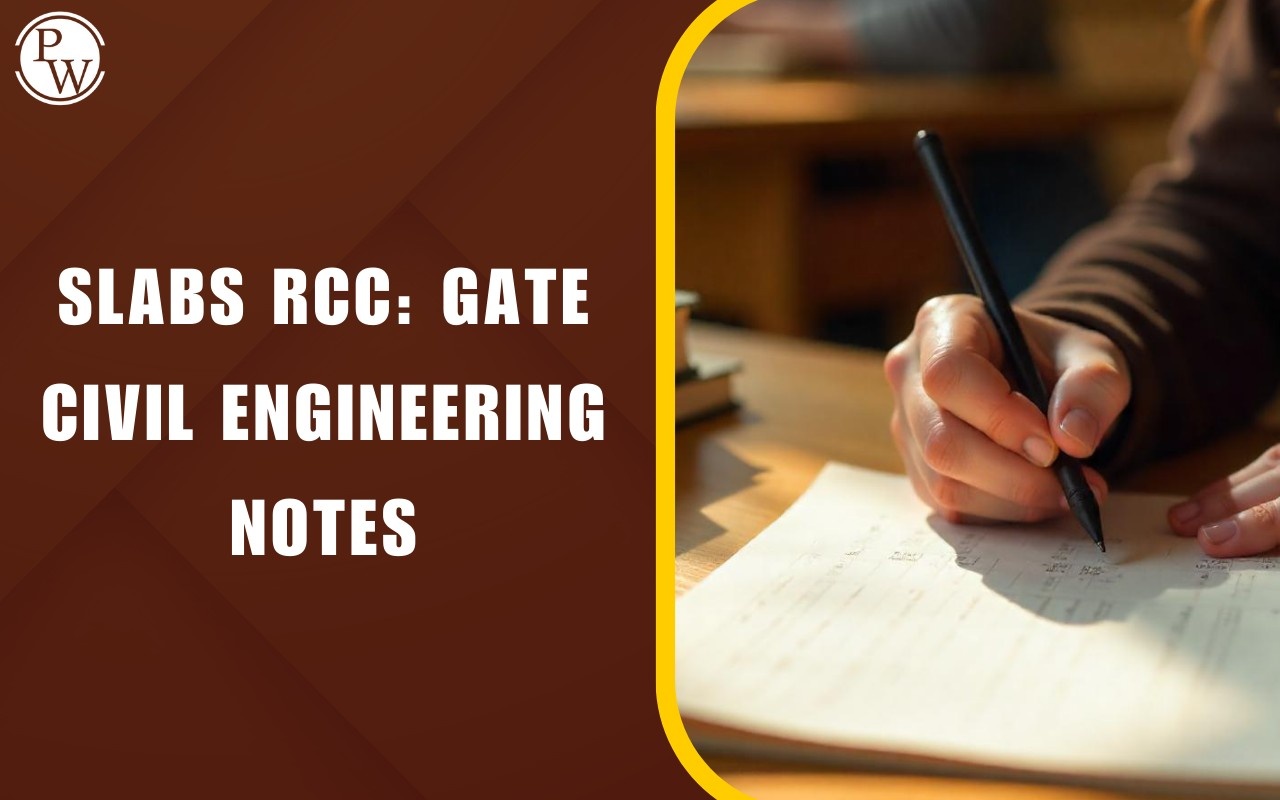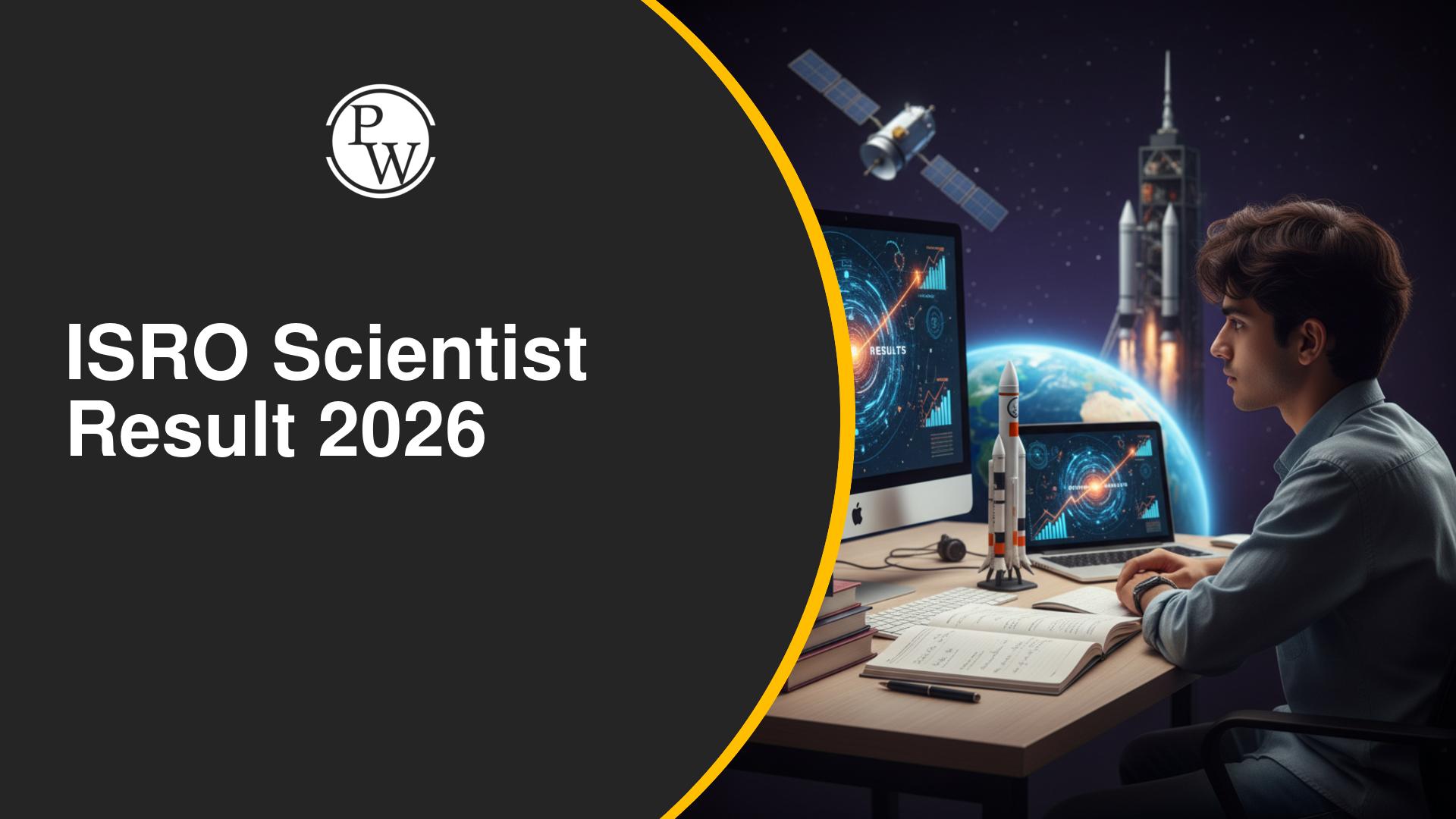
GATE Data Science and Artificial Intelligence Syllabus 2026: IIT Guwahati is the conducting authority for GATE 2026. The instiute will conduct the GATE 2026 examination for 30 various disciplines including Data Science and Artificial Intelligence. Aspirants preparing for the upcoming examination must have an in-depth understanding of the GATE Data Science and Artificial Intelligence Syllabus 2026 to prepare effectively.
The GATE DS & AI Syllabus consists of General Aptitude and Core Data Science & AI subjects. Those who wish to ace the GATE DA Exam 2026 with a good score must go through the comprehensive syllabus along with the exam pattern.
GATE Data Science and Artificial Intelligence Syllabus
The Data Science and Artificial Intelligence paper was added to GATE 2024. Candidates who are going to appear for GATE DS & AI exam in forthcoming year must review the entire syllabus to plan the effective preparation. As this a new subject in GATE so candidates must prepare as per the prescribed syllabus using the relevant resources. To aid the preparation of aspirants, we have shared the topic-wise breakdown of GATE DA Syllabus 2026 for all the subjects.
GATE DA Syllabus 2025
Data Science and Artificial Intelligence is a demanding sector in the present scenario. So, aspirants must gear up their preparation by understanding the GATE Data Science and Artificial Intelligence Syllabus to explore a rewarding career path in this field. Moreover, the GATE Data Science and Artificial Intelligence Subjects include Machine Learning, AI, Programming, Data Structures, Algorithms, and more. The key subjects included in the GATE DA Syllabus are listed below:- General Aptitude
- Probability and Statistics
- Linear Algebra
- Calculus and Optimization
- Programming, Data Structures, and Algorithms
- Database Management and Warehousing
- Machine Learning
- AI (Artificial Intelligence)
GATE Data Science and Artificial Intelligence Syllabus 2026 For General Aptitude
The General Aptitude section of the GATE Data Science and Artificial Intelligence Syllabus 2026 is similar to the remaining papers. It carries a weightage of 15 percent and includes the following topics:| GATE 2026 DA Syllabus for General Aptitude | |
| Topics | Subtopics |
| Verbal Aptitude | Basic English grammar: tenses, articles, adjectives, prepositions, conjunctions, verb-noun agreement, and other parts of speech Basic vocabulary: words, idioms, and phrases in context Reading and comprehension Narrative sequencing |
| Quantitative Aptitude | Data interpretation: data graphs (bar graphs, pie charts, and other graphs representing data), 2-and 3-dimensional plots, maps, and tables Numerical computation and estimation: ratios, percentages, powers, exponents and logarithms, permutations and combinations, and series mensuration and geometry elementary statistics and probability |
| Analytical Aptitude | Logic: deduction and induction, analogy, numerical relations and reasoning |
| Spatial Aptitude | Transformation of shapes: translation, rotation, scaling, mirroring, assembling, and grouping, Paperfolding, cutting, and patterns in 2 and 3 dimensions |
GATE Data Science and Artificial Intelligence Syllabus 2026 For Core Subjects
The GATE Data Science and Artificial Intelligence Syllabus 2026 is divided into seven areas, which include Probability and Statistics, Linear Algebra, Calculus and Optimization, Machine Learning, and AI, among others. Find out the detailed GATE Data Science and Artificial Intelligence Syllabus 2026 in the table provided below:| GATE Data Science and Artificial Intelligence Syllabus 2026 | |
| Topics | Subtopics |
| Probability and Statistics |
|
| Linear Algebra |
|
| Calculus and Optimization |
|
| Programming, Data Structures, and Algorithms |
|
| Database Management and Warehousing |
|
| Machine Learning |
|
| Artificial Intelligence (AI) |
|
GATE Data Science and Artificial Intelligence Syllabus PDF
The GATE Data Science and Artificial Intelligence Syllabus PDF 2026 is a comprehensive document that outlines the topics and subjects covered in the examination. It serves as a guide for aspirants who are preparing for the GATE exam in the field of Data Science and Artificial Intelligence. Download the GATE DS & AI Syllabus PDF from the link given below.GATE Data Science and Artificial Intelligence Syllabus PDF
GATE Data Science and Artificial Intelligence Marking Scheme
The GATE Data Science and Artificial Intelligence paper will be held for a total of 100 marks. Each question will carry either 1 or 2 marks. Further, the negative marking is only applicable to multiple-choice questions. The detailed GATE Data Science and Artificial Intelligence marking scheme is tabulated below:| DATA Data Science and Artificial Intelligence Marking Scheme | ||
|---|---|---|
| Sections | Total Questions | Total Marks |
| General Aptitude | 5 | 5 Questions carry 1 Marks (5 x 1) plus 5 Questions carry 2 Marks (5 x 2) = 15 |
| Core Discipline | 25 | 25 Questions carry 1 Marks (25 x 1) plus 30 Questions carry 1 Marks (30 x 2) = 85 |
| Total | 30 | 100 |
GATE Data Science and Artificial Intelligence Exam Pattern 2026
As per the GATE Data Science and Artificial Intelligence Exam Pattern 2026, the DA question paper will include a total of 65 questions carrying 100 marks. Aspirants will be allowed to take 3 hours to conclude the exam. Moreover, the negative marking in the GATE Data Science and Artificial Intelligence paper is only applicable for multiple-choice questions (MCQs). The engineering mathematics section is excluded from the GATE DA Paper.|
GATE Data Science and Artificial Intelligence Exam Pattern 2026 |
|
| Particular | Details |
| Examination Mode | Computer-based Test |
| Exam Duration | 3 Hours |
| Sections in GATE DA Paper | General Aptitude (GA) + Core Engineering Selected Subjects |
| Distribution of Marks in GATE DA Paper |
|
| Marking Scheme | Questions worth 1 mark or 2 marks |
| Negative Marking |
|
GATE Data Science and Artificial Intelligence Syllabus 2026 FAQs
Is the GATE Data Science and Artificial Intelligence Syllabus 2026 released?
How to use the GATE 2026 Data Science and AI Syllabus for effective preparation?
Who can appear for the GATE Data Science and Artificial Intelligence paper?
What is the GATE Data Science and Artificial Intelligence Syllabus 2026?
How can I download the GATE Data Science and Artificial Intelligence Syllabus PDF?

